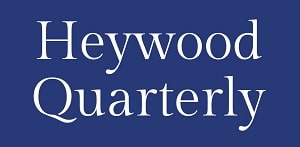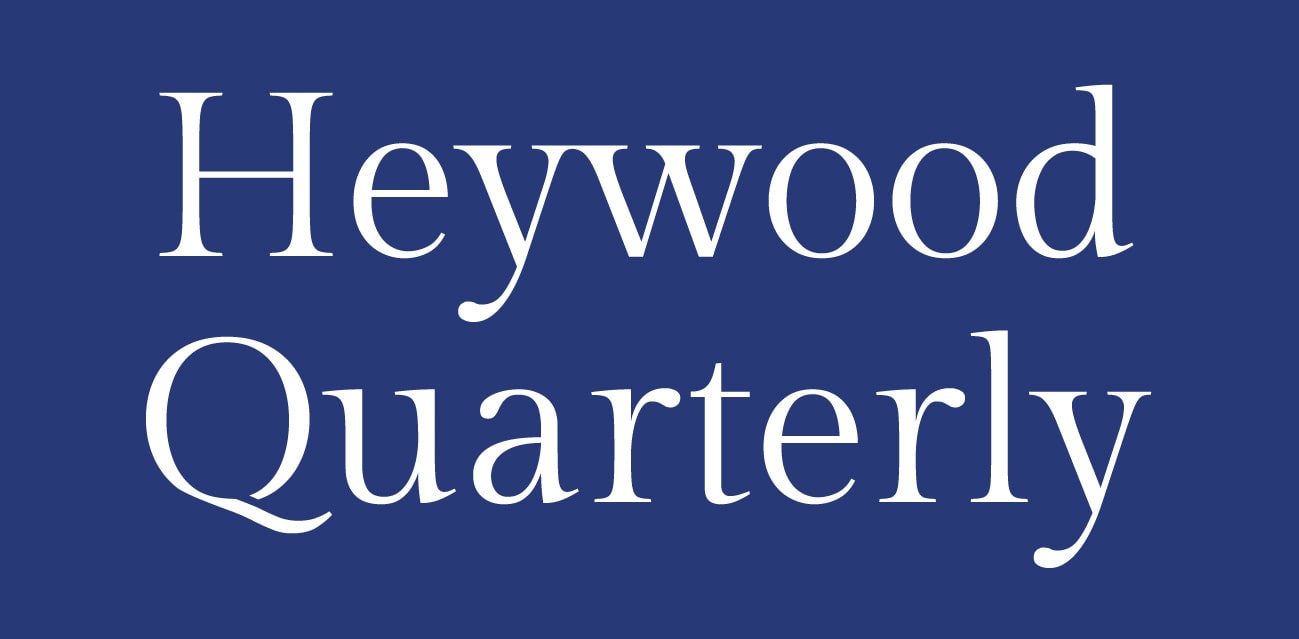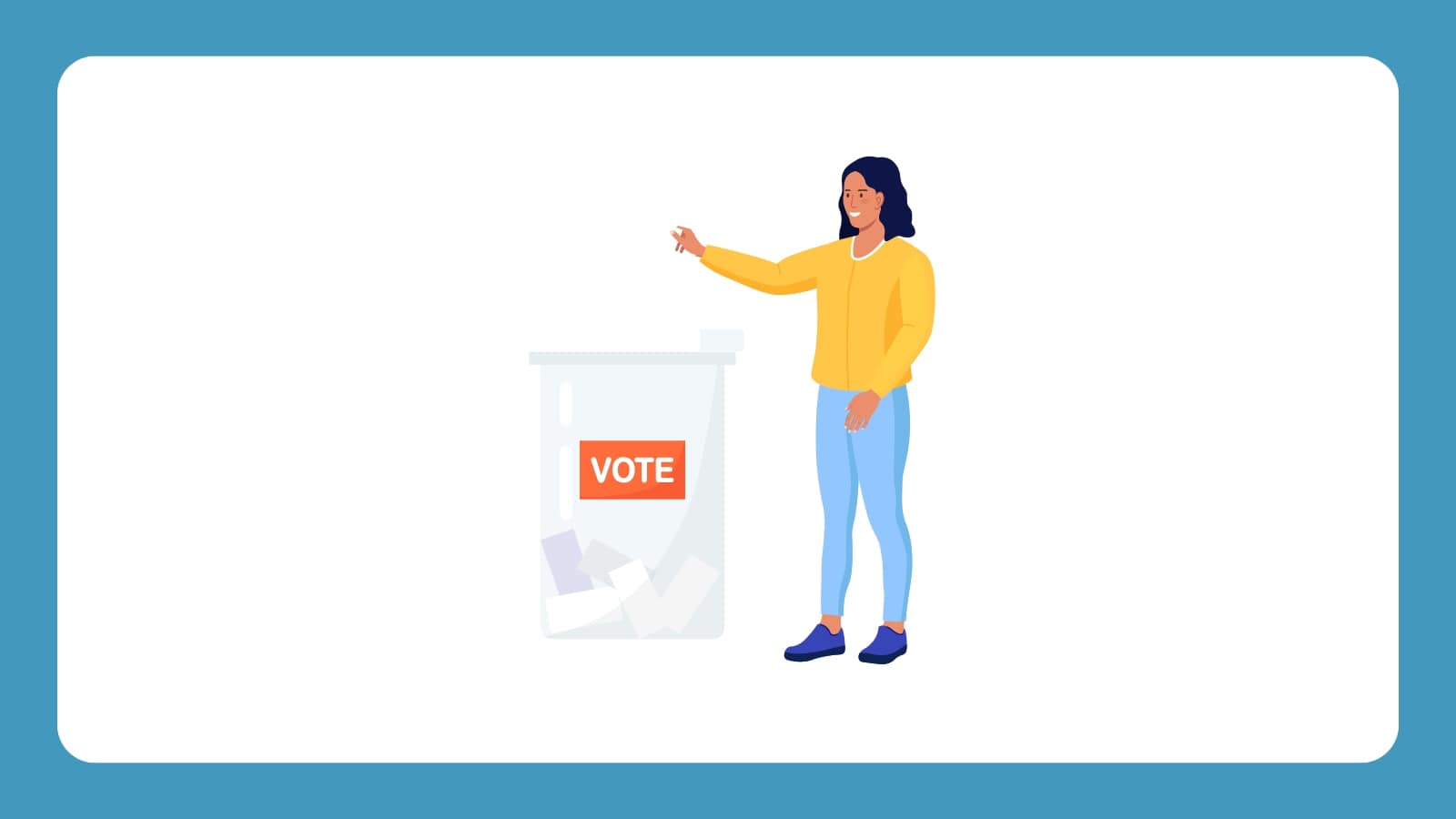Vijay Rangarajan, Chief Executive of the Electoral Commission, on the challenges of complex legislation, dis-information and abuse
Listen to this article (AI generated audio)
When I joined the Electoral Commission as Chief Executive in March, I knew my first year would be one of major electoral events. But I’d be grossly overstating any powers of forecasting if I said I was expecting a general election to be called, just as we were catching our collective breath from the local elections in May.
However, we are ready. As Chief Executive, my focus has been on making sure we are as well prepared as possible to support the electoral community and to deliver elections which maintain the confidence of voters.
Much of our work for this general election has been months or years in the making, long before we found ourselves huddled around a TV, watching the famous Downing Street podium being brought out for the Prime Minister to fire the starting pistol. Here are some of the issues we are addressing.
Understanding complex legislation
The laws that govern all aspects of our electoral system are incredibly complex; from the large-scale mechanisms like our voter registration system, right down to the detail of what goes on a candidate’s nomination form. They’re increasing in complexity too – the recent Elections Act, for instance, added a number of changes that many voters will encounter for the first time at the upcoming general election. There are big changes to the way voters apply for a postal vote, how overseas voters register, the rules around campaign spending and funding, and the relatively new requirement to show valid photo ID (an original one, please) in the polling station.
It is our job to make sure these changes, and those complex laws, are understood as effectively as possible by electoral administrators, parties and campaigners, volunteers, and voters, and then delivered on the ground in over 40,000 polling stations, with around 160,000 staff involved.
Our guidance and regional teams have been out supporting local authority election teams to put in place everything they need to run a smooth election. We do a lot to support those standing in the election too, ensuring candidates, campaigners, and political parties can campaign with confidence within the rules. Our regulatory team advises candidates and political parties on how to comply with their legal obligations around donations and spending, and ensure they are up to date with the latest changes in electoral law.
Our campaigns and communications teams have been busy planning to make sure voters know how to navigate the election process, from registering (in particular highlighting the deadlines) and Voter ID, to marking their cross on the ballot paper. You’ll see our campaigns over the next weeks, I’m sure. We’ve been working with many partners in the charity sector, and with local authorities, to make sure we’re getting the key information directly to voters. We’ve been particularly focused on reaching those we know to be less likely to register to vote, have voter ID, or need additional support. That includes working with civil society organisations to develop voter information resources for disabled voters, and providing education resources to support those young people who will be eligible to vote for the first time.
Emerging threats
We are also monitoring emerging threats. My first few months at the Commission have been full of illuminating discussions on how these issues might affect elections in the future, and what we can do to protect voter confidence in democracy.
For example, I’ve been meeting my counterparts in similar democracies to learn how they are addressing the risks of artificial intelligence and dis and mis-information. Campaigners and candidates have told me, with alarming regularity, harrowing stories about abuse and intimidation on the doorstep and on social media. We will know more about how prominent these issues have become after this general election. Ahead of it we’ve called for a campaign free of abuse, and are helping candidates who may want to report behaviours and instances of abuse which may constitute a criminal offence.
These are big issues with causes and consequences that go beyond elections, but for the next few weeks we’ll be doing all we can to uphold public confidence in the electoral process. We are grateful to the partners with whom we have been working in the Association of Electoral Administrators, to local authorities, to friends and colleagues in the Department for Levelling up, Housing and Communities and the national security community; to the police; and to many in civil society.
Personally, one of the things I find uplifting about our electoral process is the number of organisations and people involved. Though it can be complex, I think it’s a key strength of our system, helping both democratic involvement, trust, and resilience.
Campaign literature, funding and social media
During elections, we are often asked by members of the public about the things candidates and political parties are allowed to say in their campaign literature and on social media. It’s an important question. We know from our research that voters have concerns about whether the information they receive through campaign material is reliable or not.
The answer is that we don’t regulate campaign content material – no one does. This context is important because it goes to the heart of the discussions I’ve been having across government and with partners on AI and the risks of dis- and misinformation at a general election, and how we ensure the campaign is honest and transparent to help voters make their choice.
The risk of dis- and misinformation goes beyond what campaigners might say about another party or cause. We do see cases where, deliberately or not, voters are given the wrong information about how or even when to vote. That’s where the Commission has a really important role to play, ensuring voters have the trusted information they need to cast their vote. At this election, we won’t hesitate to call out false information about the election process.
We’re also encouraging voters to think critically about what they see or hear online, and they can visit our website to find advice on how to do this. For example, they might consider the source of information, when it was published, and whether it is presented as fact or opinion.
Other important safeguards ensure campaigns are funded and delivered in a transparent way. All campaign material, whether you see it on your social media feeds or through your letterbox, must have an imprint telling you who has paid for it and who is promoting it. Spending rules provide an even playing field, and the Commission will be publishing information on donations to political parties throughout the campaign so voters can see who is funding them. We can and have fined parties who don’t abide by the rules.
Upholding campaign transparency isn’t a job for any single part of the electoral community on its own, which is why we’ve called on political parties, campaigners, volunteers and candidates to undertake their vital democratic role responsibly and transparently. Campaigners should engage respectfully and constructively with those they disagree with. And anyone using AI to generate campaign material should do so in a way that benefits open and transparent political debate.
Voters will be inundated with information and campaign content between now and polling day – it’s crucial they have confidence in the information they see and hear.
After polling day
The Commission’s work to promote voter confidence continues long after the votes have been cast, verified and counted.
A core part of our work is to make sure our political finance system continues to be one of the most trusted and transparent in the world. After polling day, we’ll be making sure voters have the information they need to understand how much money political parties and campaigners spent in total, and who gave it to them.
We’ll also begin a period of research and data collection, listening to voters, electoral administrators, parties and campaigners to help build a picture of how it went. Our statutory duty to report on elections is a key part of our role, providing insight on the experiences of those who deliver and participate in our elections, and identifying where the system can be improved.





